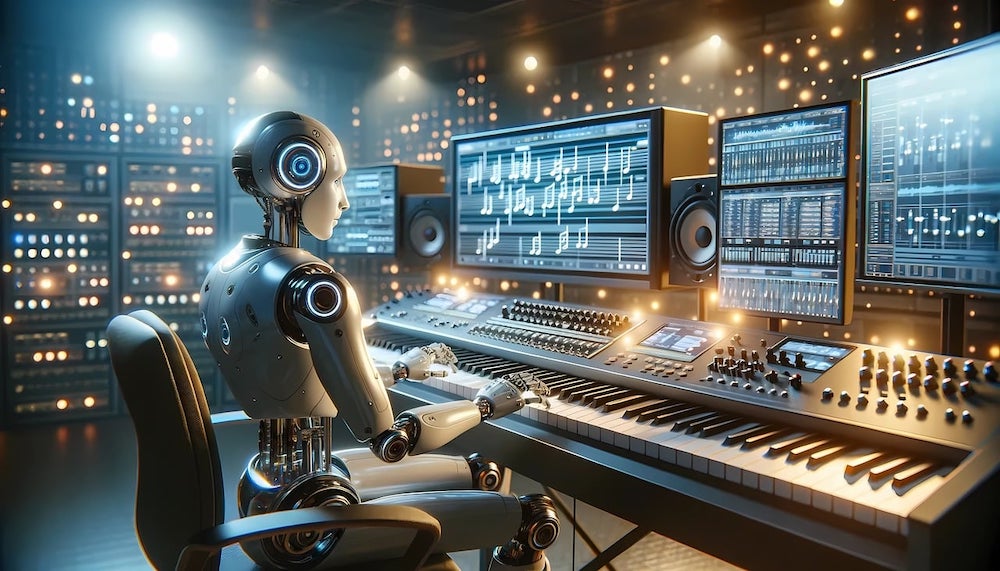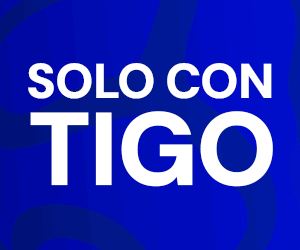Music has always been about emotion, creativity, and human expression. But over the last few years, a new player has quietly entered the scene, technology. More specifically, artificial intelligence is now playing a role in how music is made. While it may sound futuristic, the idea of using an AI music generator to create a beat, melody, or even a full track is already here, and it’s growing fast.
For musicians, producers, content creators, or anyone curious about making music, AI tools are opening up new creative possibilities that were once out of reach for many.
What Is an AI Music Generator?
At its core, an AI music generator is a tool that can create original music with little to no human input. It uses patterns from thousands of existing songs and compositions to “understand” how music works, things like rhythm, harmony, and structure.
When you feed it a mood, a genre, or even just a few notes, the AI can generate a full song or instrumental background. Some platforms even allow users to tweak specific parts—like adjusting tempo, switching instruments, or changing chord progressions.
It’s not just about making music faster. For many, it’s about unlocking creativity without needing to master an instrument or understand complex music theory.
Who Is Using AI Music Generators?
The range of people using AI to help with music is wide:
- Independent musicians use it to experiment with new sounds or build background tracks.
- YouTubers and podcasters use it to add custom, royalty-free music to their content.
- Marketers and advertisers turn to AI-generated tracks that match the tone of their brand.
- Everyday users play around with the tools just for fun, making their own songs or remixes.
You don’t have to be a professional. In fact, many platforms are built specifically for beginners and casual users.
Real Benefits of AI-Generated Music
- Speed and Efficiency
A song that might take hours, or even days, to produce can now be done in minutes. This makes it easier to meet tight deadlines or create music on demand. - Low Cost or Free Access
While studio time and professional producers can be expensive, many AI music generator tools are free or come with affordable plans. - Endless Inspiration
Stuck on a melody or beat? AI tools can offer a starting point or give fresh ideas to push through creative blocks. - No Copyright Worries
Most AI platforms generate royalty-free music, meaning you won’t have to worry about takedown notices or usage rights.
Some Popular AI Music Tools
There are now dozens of AI platforms available, and each has its own strengths. Some focus on electronic beats, while others are great for classical or ambient sounds. A few noteworthy ones include:
- Soundraw – Lets users adjust mood, genre, and length for personalized music.
- Amper Music – Aimed at creators looking for fast, royalty-free tracks.
- AIVA – Popular for composing orchestral and cinematic music.
- Boomy – Great for beginners, even offering the option to release music on platforms like Spotify.
Most of these tools have intuitive interfaces that don’t require much learning, making them accessible to nearly anyone.
What This Means for the Future of Music
There’s a growing conversation around what AI means for human creativity. Some worry that AI-generated music might replace musicians or lead to generic-sounding tracks. But in practice, it seems to be working more as a helpful assistant than a replacement.
Artists still bring emotion, storytelling, and originality, things AI can’t replicate. But now, they can focus more on those elements while letting the software handle some of the technical or repetitive tasks.
For hobbyists and smaller creators, AI makes music creation more democratic. You don’t need a home studio or a decade of experience to make something that sounds good.
Conclusion
The world of music is evolving, and technology is playing a bigger role than ever. An AI music generator might not be able to write the next classic love song on its own, but it can be a powerful tool for anyone who wants to create.
Whether you’re a seasoned musician, a small business owner in need of background music, or someone just curious about making a tune for fun, there’s now an easy, affordable way to dive into music-making.
As AI continues to improve, we’ll likely see even more creative tools emerge. But at the heart of it all, it’s still about people making music in new ways, powered by imagination and a bit of help from smart software.





































